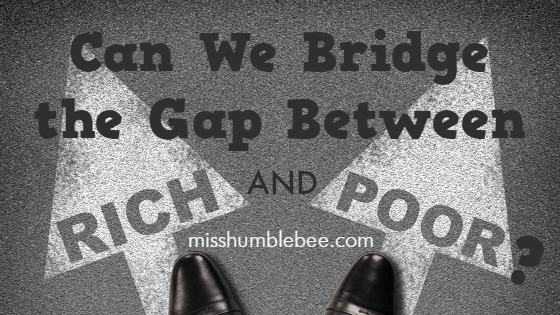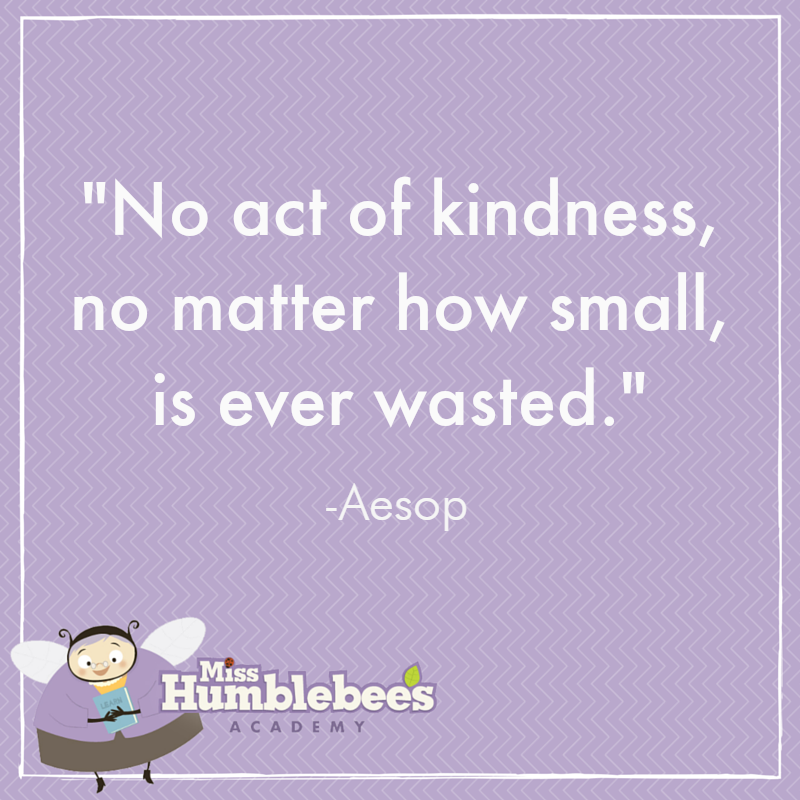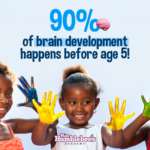We all know about the American Dream; that belief that despite our situation or the hand we’ve been dealt, all it takes is some hard work to achieve a better life.
Can We Bridge the Gap Between Rich and Poor?
Although we live in the land of opportunity and we often hear the success stories (they make for great movies!), moving up the socioeconomic ladder is not as simple a matter as just working hard. A new book, Our Kids, by Robert Putnam, author of the acclaimed Bowling Alone, looks at the data and provides anecdotal evidence to support his claim that the gap between rich and poor is not only larger than ever, but also harder to bridge.
In Our Kids, Putnam contrasts the rich and poor and, not surprisingly, finds that kids from rich families are afforded far more opportunities than kids from poor families. The problem however is that this opportunity gap is growing with no end in sight.
Poor kids are more likely to grow up in single-parent homes, less likely to participate in extra-curricular activities, and less likely to benefit from the family dinner, a simple tradition that studies have linked to a decrease in the likelihood of children abusing drugs and alcohol and suffering from depression.
(For more information on family dinners, click here. For more information on Our Kids, click here.)
And of course, we can’t forget the differences in educational opportunities between rich and poor. In today’s world of high-stakes education, the differences begin almost at birth with children from poor families far less likely to have access to quality daycare or preschool.
Although there are no easy answers to the issues that arise from socioeconomic inequality, every small act can make a difference, even if it’s just to one person. That’s why Miss Humblebee’s Academy donates one subscription to a child in need for every subscription that’s purchased.
This month, not only will we continue our One for One Program, but if 20 new subscriptions are purchased, we will give a subscription to a classroom in need.
We know these simple acts won’t solve the problem of poverty, but in the words of Aesop:












